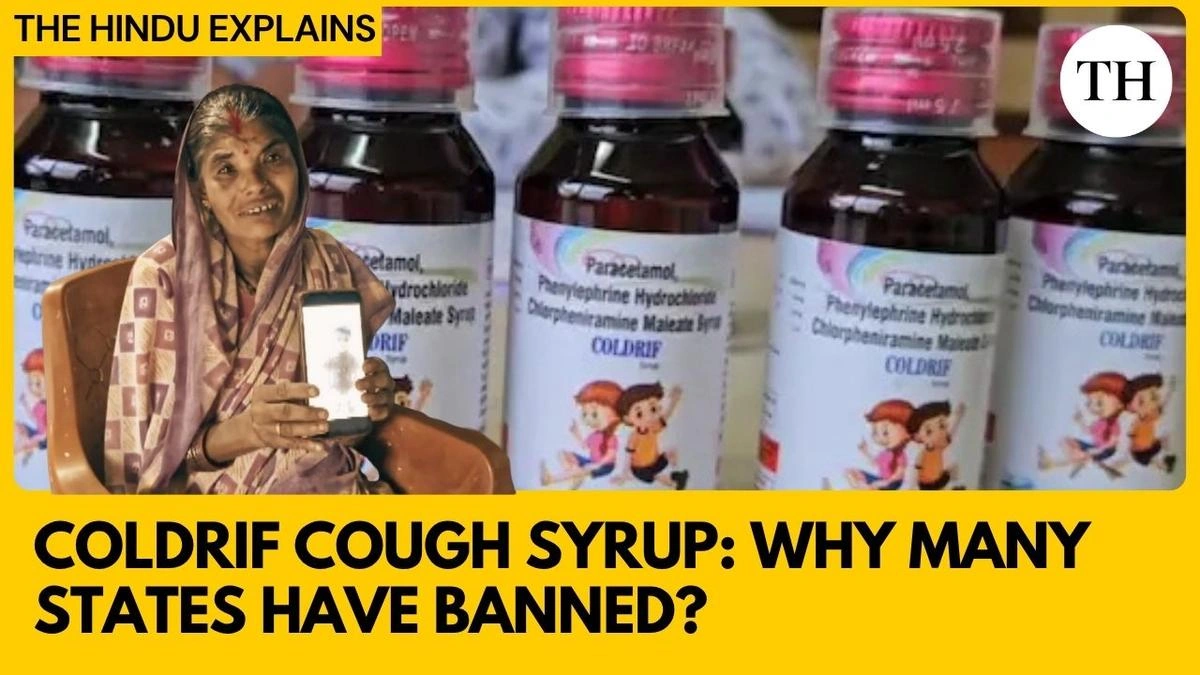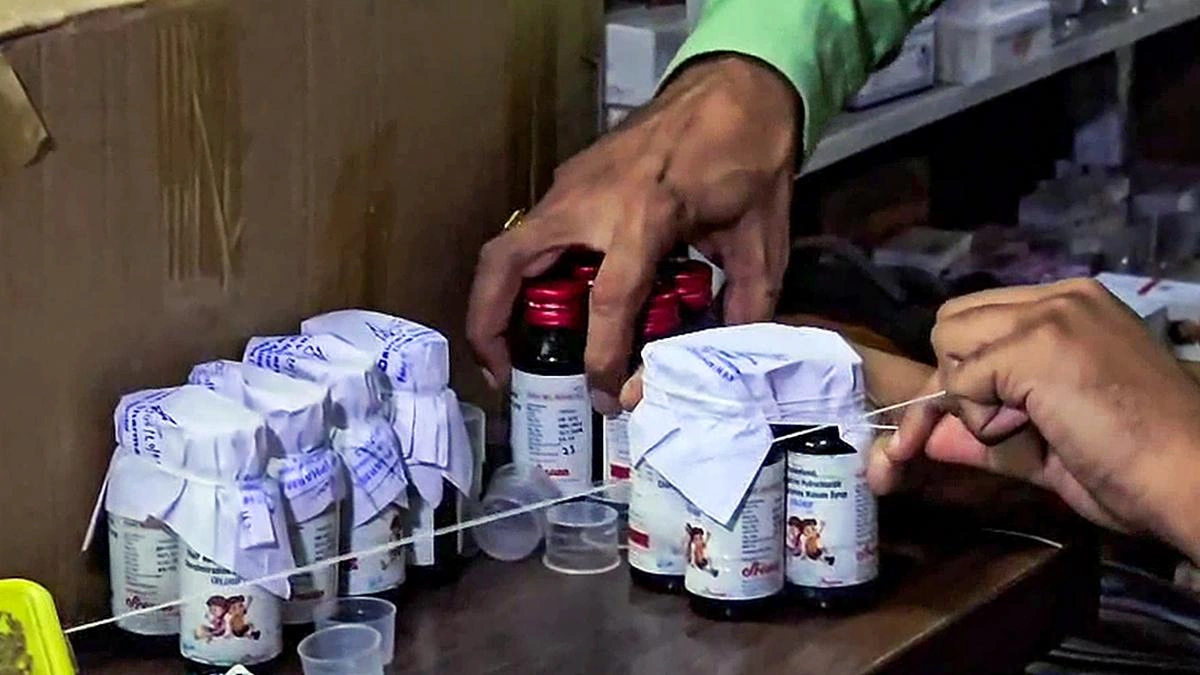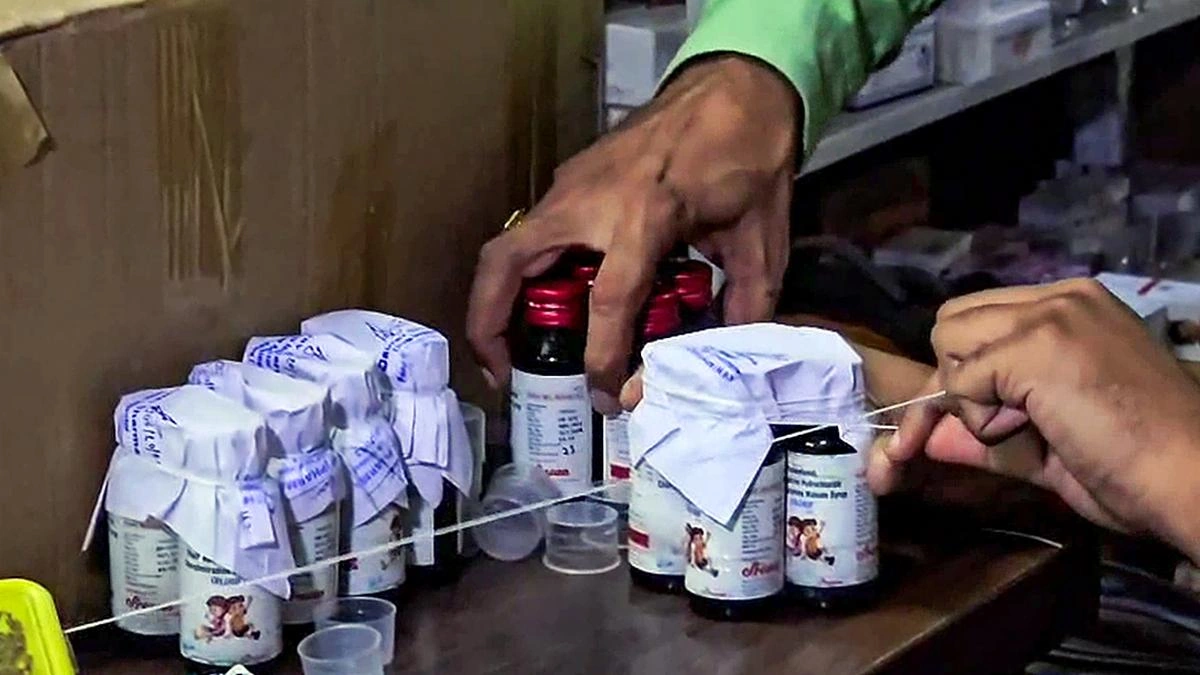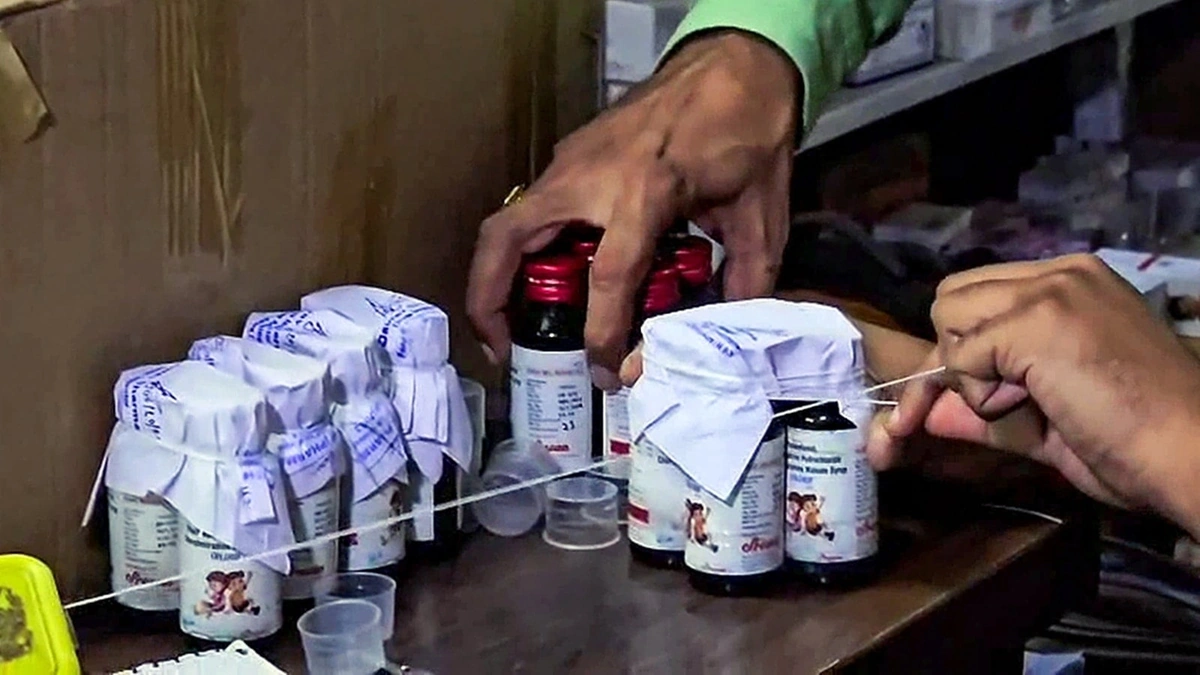Pune FDA Investigates Cough Syrups Following Child Deaths in Madhya Pradesh and Rajasthan
Alright, let’s get real for a second. You’ve probably seen the headlines: cough syrups linked to tragic child deaths. Madhya Pradesh, Rajasthan… the names sting, don’t they? But here’s the thing – simply knowing it happened isn’t enough. We need to understand why. Why are these medications, designed to soothe, causing such devastation? And more importantly, what can we do to protect our families?
The Shadowy Side of Pharmaceutical Oversight
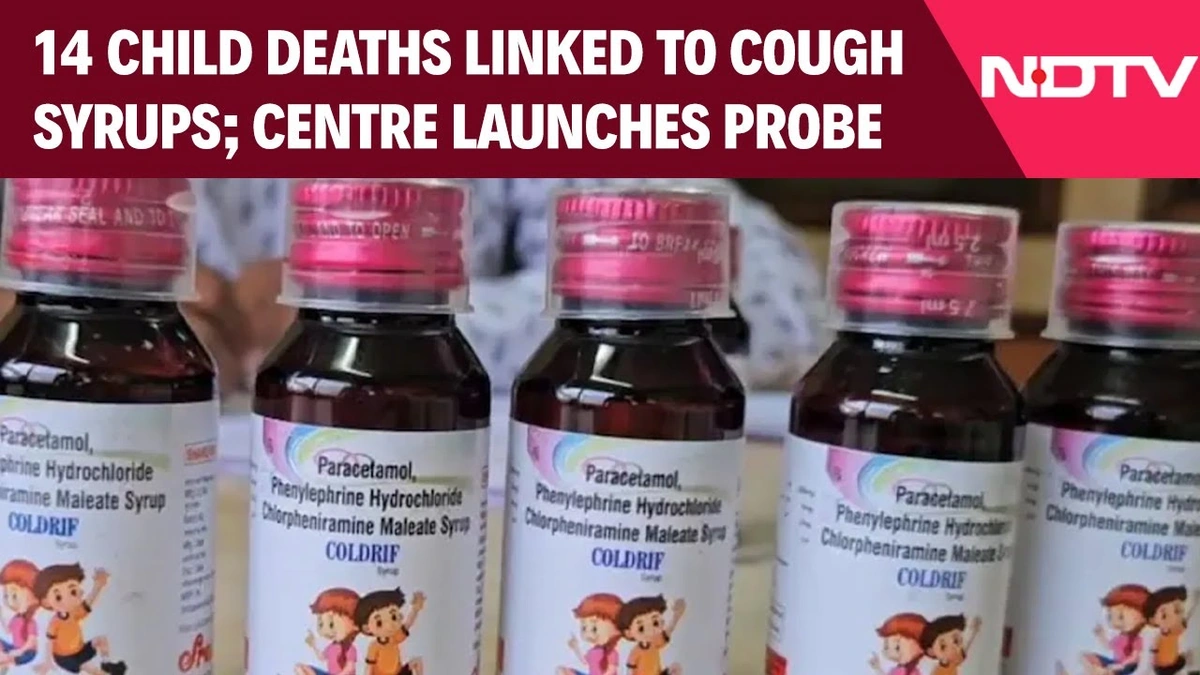
The Pune FDA investigation is a crucial first step. But it peels back a layer on a much bigger onion. We’re talking about the complex world of pharmaceutical manufacturing, quality control , and regulatory oversight in India. It’s not always as transparent as we’d like it to be, is it? Think of it like this: a seemingly harmless pharmaceutical product , easily available at your local pharmacy, can become a silent threat due to lapses in manufacturing or the presence of contaminants. The FDA’s role is to be the shield, but what happens when that shield has cracks?
This isn’t just about rogue manufacturers cutting corners. This is about the entire system. Are the current regulations stringent enough? Are they being enforced effectively? What are the penalties for non-compliance? These are the questions we need to be asking.
How Diethylene Glycol and Ethylene Glycol Contamination Happens
So, what exactly goes wrong? In many of these tragic cases, the culprit isn’t the active ingredient in the cough syrup itself, but rather contaminants like diethylene glycol (DEG) or ethylene glycol (EG). These are toxic alcohols that can cause kidney failure, neurological problems, and, yes, death. They end up in liquid medication because they are cheaper and can be deceptively similar in appearance and physical properties to safe pharmaceutical ingredients like glycerin or propylene glycol.
Here’s the terrifying part: it doesn’t take much. Even small amounts of DEG or EG can be lethal, especially for children. This is why meticulous pharmaceutical testing and rigorous supplier vetting are absolutely critical. A mistake or a deliberate cost-cutting measure at any point in the supply chain can have catastrophic consequences.
Let me rephrase that for clarity: a single lapse in quality control can cost lives.
Protecting Your Family | A Step-by-Step Guide
Okay, enough with the doom and gloom. Let’s talk about what you can actually do to protect your family. Because feeling helpless is the worst, right? This is the “How” angle. Here are some practical steps you can take, starting today:
- Consult a Doctor, Always: This seems obvious, but it’s worth repeating. Never self-medicate, especially for children. A doctor can properly diagnose the illness and prescribe the appropriate medication.
- Check the Label, Twice: Before giving any medication, carefully examine the label. Look for the manufacturer’s name, license number, and expiry date. If anything seems off, don’t use it.
- Buy from Reputable Pharmacies: Stick to pharmacies you trust. Avoid buying medications from unverified sources or online sellers with questionable credentials. This is a great way to minimize the risk of counterfeit drugs.
- Report Suspicious Activity: If you suspect a medication is substandard or counterfeit, report it to the local FDA or health authorities immediately.
- Be Aware of Symptoms: Be vigilant for symptoms of DEG or EG poisoning, such as vomiting, abdominal pain, kidney problems, and neurological issues. Seek immediate medical attention if you notice any of these symptoms after taking medication.
See, these aren’t just abstract recommendations. They are the shields you can actively wield to protect your loved ones.
The Importance of GMP Certification and Drug Safety
What fascinates me is the concept of Good Manufacturing Practices (GMP). It’s not just a fancy term; it’s a set of guidelines that pharmaceutical manufacturers must adhere to in order to ensure the quality and safety of their products. GMP certification is a sign that a manufacturer is committed to following these guidelines. The cough syrups that are internationally distributed must have the GMP certification mark on them.
But here’s the catch: GMP certification isn’t a guarantee of perfection. It’s a snapshot in time, an indication that a manufacturer was compliant at the time of the audit. Ongoing monitoring and enforcement are essential to ensure continued compliance. We must also emphasize drug safety to all companies, large and small.
And speaking of enforcement, what about the penalties for violating GMP guidelines? Are they strong enough to deter manufacturers from cutting corners? Or are they simply a cost of doing business? That’s a question that needs serious consideration.
Transparency and Accountability | The Way Forward
Ultimately, preventing future tragedies requires a multi-pronged approach. We need stronger regulations, more effective enforcement, greater transparency, and increased accountability. The ICMR should be consulted for regular audits.
The Pune FDA investigation is a start, but it’s just the beginning. We need a national conversation about pharmaceutical safety in India. We need to demand better from our regulators and our manufacturers. We need to ensure that no parent ever has to face the unimaginable pain of losing a child to a contaminated medication. As stated by WHO, one should always be vigilant while considering medications. WHO had previously published a medical product alert regarding substandard medications being circulated. But, the truth is, the cough syrups need proper testing.
FAQ Section
Frequently Asked Questions
What should I do if I suspect a cough syrup is contaminated?
Immediately stop using the product and report it to your local FDA or health authorities.
Are all cough syrups dangerous?
No, but it’s essential to be vigilant and buy from reputable sources.
How can I identify a reputable pharmacy?
Look for a valid license and a good reputation in your community. Ask your doctor or friends for recommendations.
What are the symptoms of diethylene glycol poisoning?
Symptoms may include vomiting, abdominal pain, kidney problems, and neurological issues. Seek immediate medical attention if you notice any of these symptoms.
Where can I find reliable information about drug safety?
Consult your doctor, pharmacist, or reputable online sources such as the FDA or WHO websites.
Is cough medicine safe for kids?
Not all cough medicine are safe for kids, you must consult with your doctor before taking any medicine.
